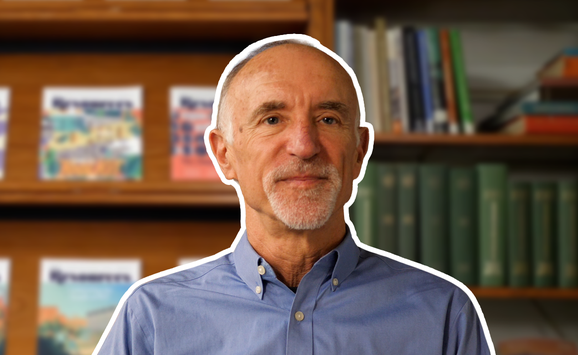As the November election rapidly approaches, a ballot proposal in Washington state (Initiative 732) that would establish the first carbon tax in the nation continues to garner attention. Its prospects remain uncertain, as the proposal faces opposition from both the right and the left. Pushback from major carbon emitters in the manufacturing and energy sectors was expected—but contention from environmental groups, who favor investment in alternative initiatives, came as a surprise to many.
Regardless of the outcome in Washington state, RFF experts are continuing to explore the potential of a carbon tax policy to achieve emissions reductions that the United States committed to under the 2015 Paris Agreement. An overview of key research findings from RFF scholars concerning the impact of a carbon tax on outcomes such as emissions, economic growth, income distribution, and more can be found here:




